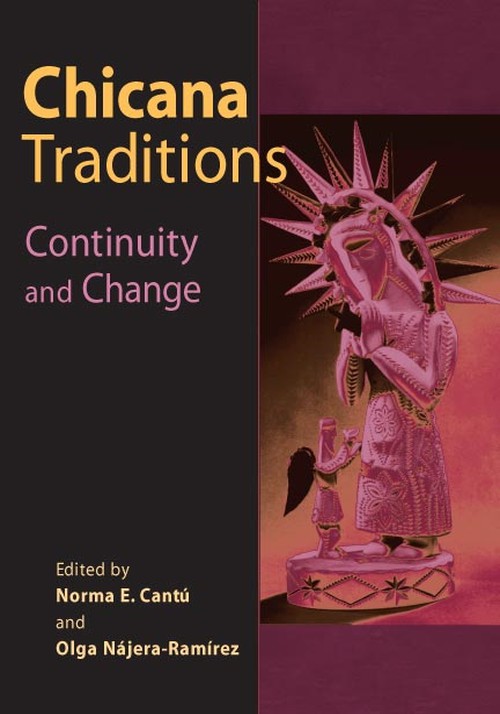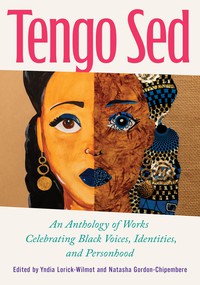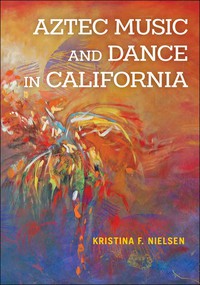
Chicana Traditions
Continuity and Change
Inside the worlds of Chicana expressive culture and its practitioners
Paper – $28
978-0-252-07012-9
Publication Date
Paperback: 01/01/2002
About the Book
Chicana Traditions features essays from professionals engaged with a broad and ever-expanding Chicana expressive culture. Professors and students, performing artists and folklorists, and archivists and activists merge personal experience with formal discussion to share fascinating inside stories. The topics include a professional woman mariachi performer; the creation and evolution of the escaramuza charra (all-female precision riding team) within the male-dominated Mexican rodeo; the ranchera music of the transnational performer Lydia Mendoza, the complex crossover of Selena's Tejano music, and the bottle cap and jar lid art of Goldie Garcia.An eye-opening journey through a borderland where cultures and identities converge, Chicana Traditions reveals how Chicanas continue to invent, reshape, and transcend their traditional culture.
About the Author
Norma E. Cantú is a professor emerita of English at the University of Texas at San Antonio. She is the author of Canícula: Snapshots of a Girlhood en la Frontera and coeditor of meXicana Fashions: Politics, Self-Adornment, and Identity Construction. Olga Nájera-Ramírez is a professor of anthropology at the University of California at Santa Cruz. She is the author of La Fiesta de los Tastoanes: Critical Encounters in a Mexican Festival Performance and the writer, director, and producer of the award-winning documentary La Charreada: Rodeo a la Mexicana.Reviews
Blurbs
"A fascinating read which spans the gap between Chicana literary and art criticism."--Enrique R. Lamadrid, author of Nuevo México Profundo
"Those who want to avoid the cliches of tradition vs. modernity or the implicit dichotomies set up by opposing culture to feminism will find that this rich set of essays opens the doors to a broad range of options inherent in Mexican American traditions as well as to its restraints."--Beverly Stoeltje, Indiana University







